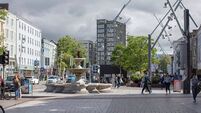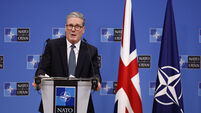Should schools be kept open?
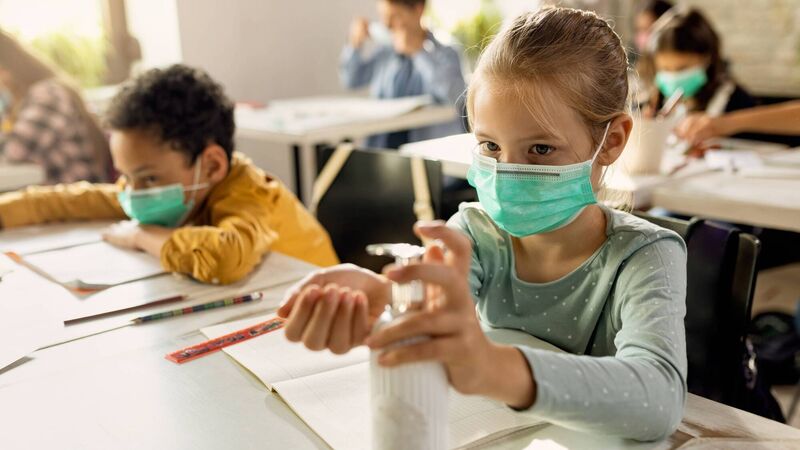
Opinions are divided over whether schools should reopen or not. File photo: iStock
Parents, teachers and schoolchildren are anxiously waiting for the official word on school closures due to Covid-19. Opinions are divided, even within families.
Here, two teachers have their say on whether schools should close.
I HAVE been a primary teacher for many years. I love my job. Like many other teachers, I am guilty of neglecting my own children in my devotion to my pupils.
1. The public health safety measures for society that we hear about constantly were not implemented for schools by Ms Foley.
Public Health advise us all to limit contacts, maintain at least 2m social distancing, wear masks, and avoid unventilated indoor spaces.
2. It is untrue to say that schools are safe. Paul Reid, HSE CEO, described Covid-19 today as being “rampant”. These community infection rates mean infection enters schools via the community and from schools back to the community. The Alerting parents of outbreaks in schools ‘Ireland’ Facebook page has published hundreds of accounts of Covid cases in Irish schools.
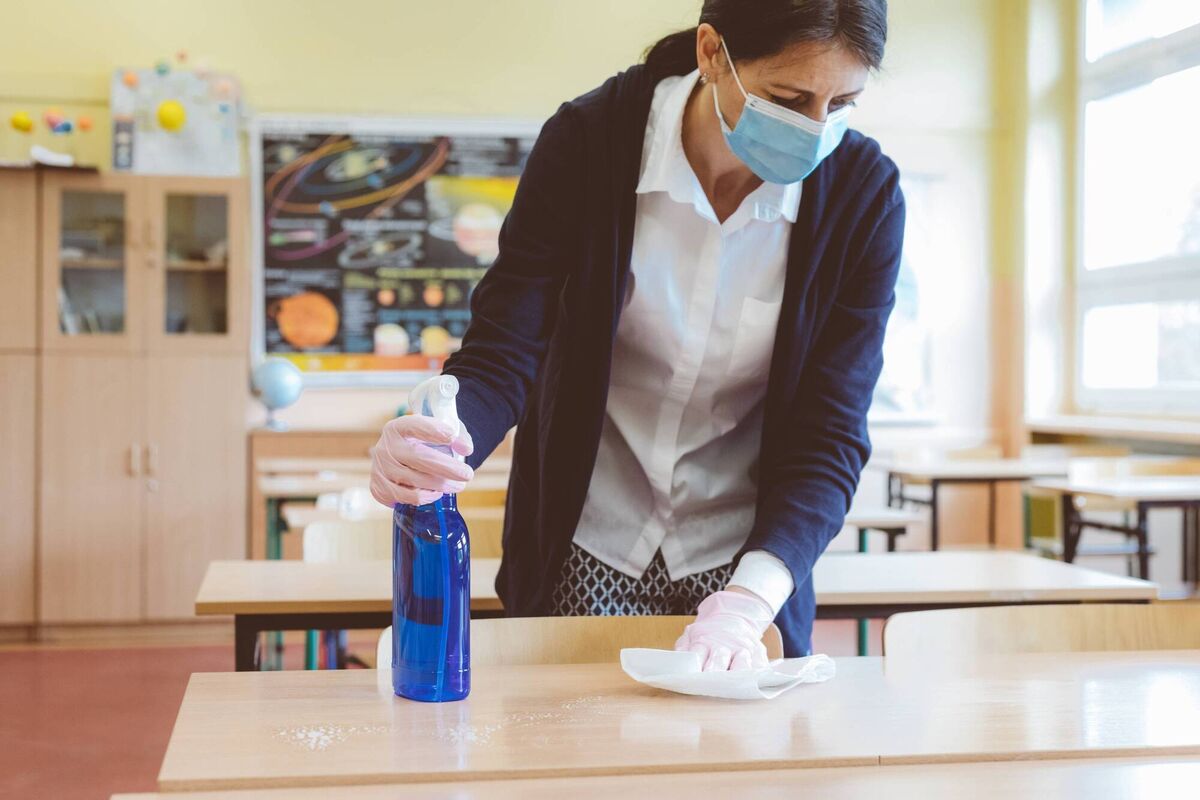
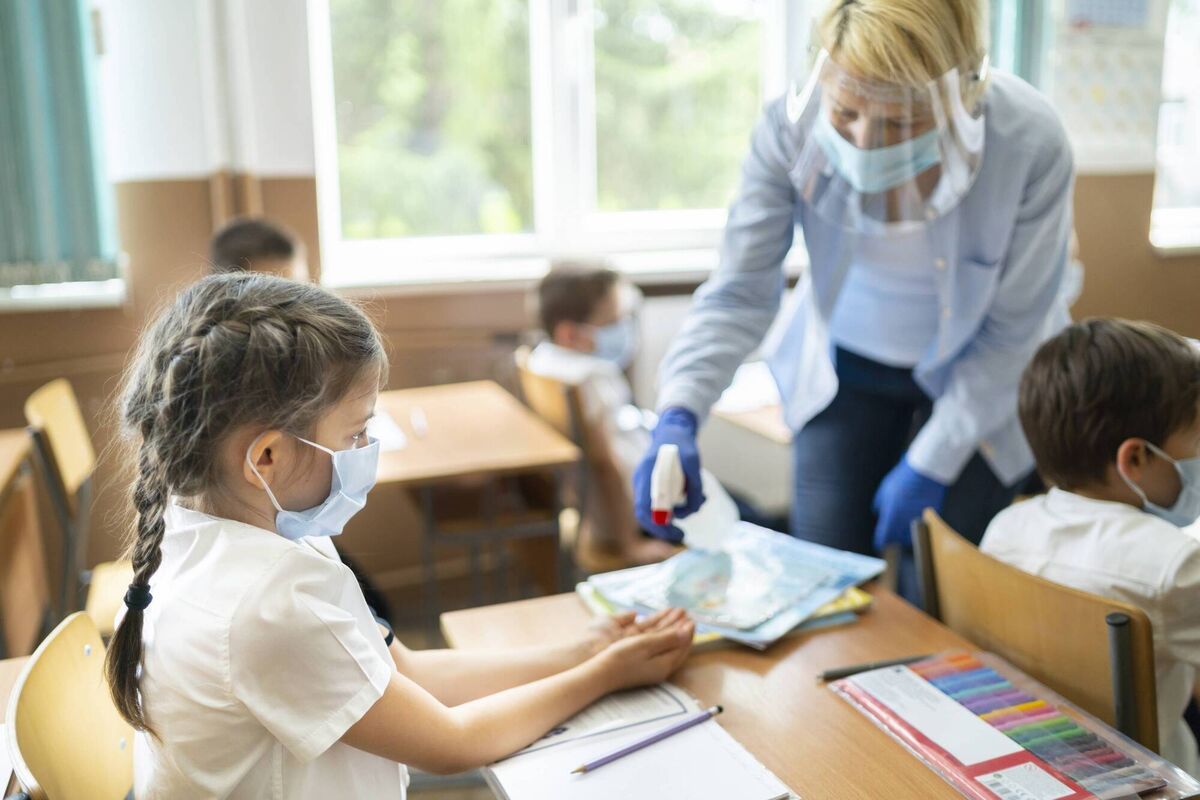
The last occasion Irish schools closed was during the depths of the Famine. Irish society always placed enormous value on education and schooling, the necessary closure had far reaching implications for young people and upon our collective National psyche.
It was no surprise then, that our current coalition government made the reopening of schools for children their no.1 priority.
Reopening our schools during a pandemic was a mammoth achievement, largely undertaken by volunteer Boards of Management and school leadership. The task was daunting as each school faced into the unknown in a mission to safely reopen, whilst assuring anxious children, parents and staff.
Often hiding their own worries and fears for the safety of the children and staff in their care. The rationale was simple, Covid will pass but Ireland’s children must not become a forgotten generation.
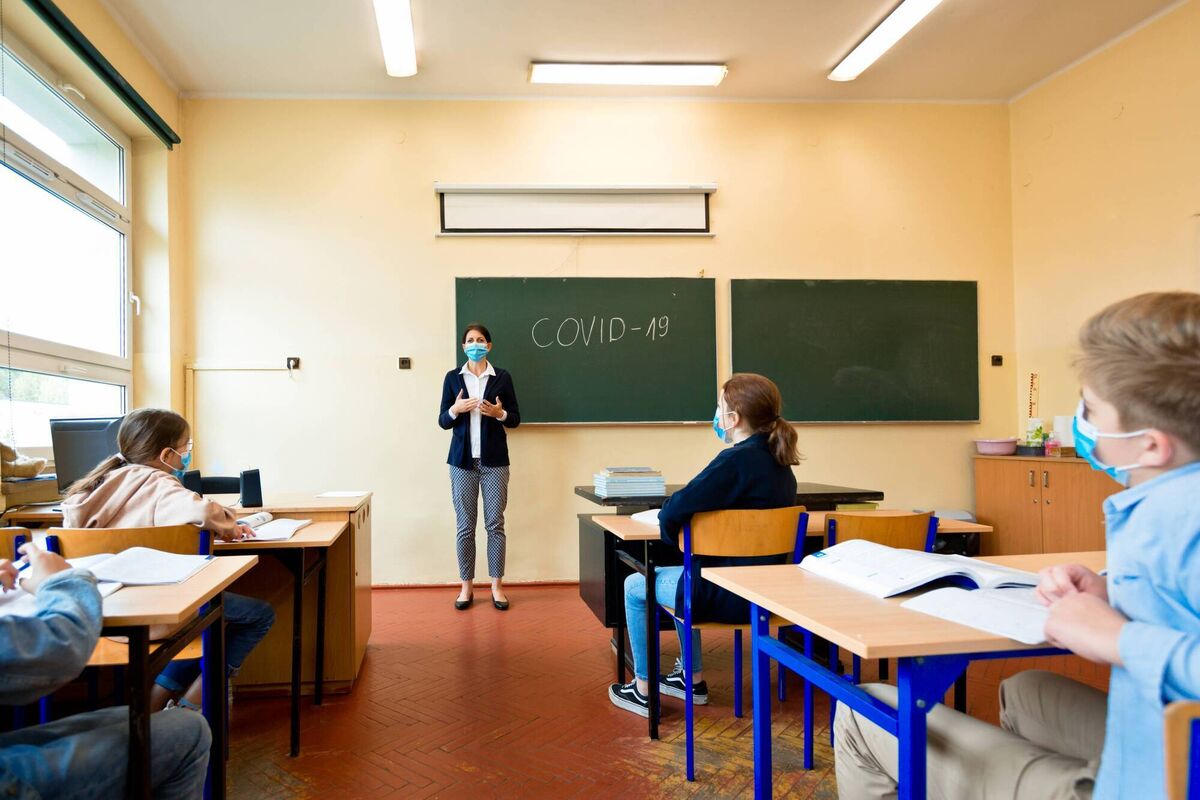
All teachers and SNA’s understood their mission to keep the children safe whilst ensuring their academic progress and emotional wellbeing. Staff and children adapted quickly, and indeed rigorous inspection regimes carried out by Department of Education Inspectors and HSA, ensured consistency and gave assistance to schools.
The collective efforts of teachers ensured our children safely returned to their teachers to learn, grow and develop together.
The enormous and largely hidden role that schools play in supporting the welfare of children was greatly exposed during the closure. Whilst our children’s academic development is fundamental to their futures, it is often dwarfed by the pastoral role schools play in society.
Our society will be judged on how we care for our most vulnerable and the loss of frontline disability services in schools was deeply felt by many thousands of families.
Man Utd’s Marcus Rashford became a household name for providing school meals for vulnerable families during the UK lockdown. However, Irish teachers quietly performed this role during the last closure, ensuring the provision of school meals programmes continued throughout the lockdown.
Education has a key emancipatory function in alleviating social and economic disadvantage. Closure will again result in loss of direct contact with many of the youngsters that benefit the most from the consistent learning environment of school.
This will have long-term consequences, and potential loss of teenagers from the education system.
Schools are very often the first point of contact for TUSLA. Teachers and SNA’s are frontline defence for vulnerable children at risk of neglect and abuse. As we face into a dark January lockdown, many homes are under severe pressure due to unemployment, stress and many families are on the brink.
School provides a safe, secure, consistent space for children sheltered from the untold anxiety of our Covid world. Each child knows what they can expect coming in the classroom door each morning to be with their friends; safely learning and growing. As pandemic fatigue grows, schools will ensure that a consistent responsible public health message reaches every child.
Teachers are not babysitters, we are in Loco Parentis (in place of the parent). We must ensure that our public sector colleagues, in Covid Wards and Garda Stations, can go to work knowing teachers are educating and caring for their children.
As a society we will defeat Covid through mutually supporting each other.
As Cabinet meets today to decide on school closure, what must Policy Makers do to ensure that any pause is of minimum duration? We need to begin with what we have learned.
1) Accept that the reopening process was not perfect. What’s important is that we utilise this experience, particularly in relation to contact tracing and testing in schools. Teachers and parents must be enabled to trust that guidelines for schools reduce risk to minimum.
2) September reopening week saw an average 135 positive results a day nationally, this week we saw more than 6000 daily. The sands have shifted, what was acceptable risk mitigation for many parents and teachers then is not now. Teachers and parents are rightly worried for themselves and their children due to current levels of community transmission.
It’s not too late for Policy Makers. Our Public Health experts in NPHED have guided us this far and we expect an urgent review and update of school safety guidelines.
This review must be evidence-based and take into account real life school experience. Education experts in the Teacher Unions and Management bodies must inform this process. As a society we must maintain the provision of schooling for our most vulnerable children from January 11th, whilst protecting children and staff health.
Health Experts must urgently devise realistic data-driven guidelines to provide education and schooling for all Irish children. Teachers want to do what’s right, policy makers must provide the tools and confidence.
“We’re in this together”, lets get on with it.



